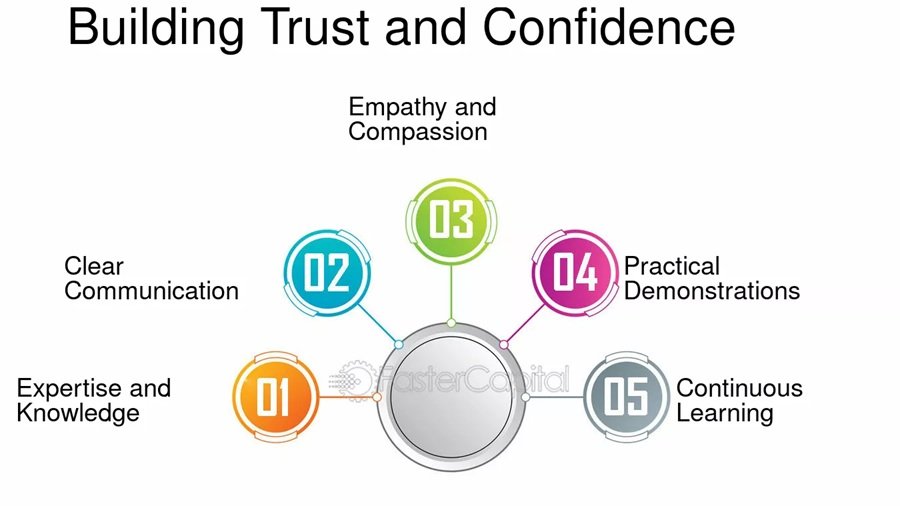Building trust with your CPA is the key to unlocking stronger financial outcomes. When you connect openly, your CPA becomes more than a number-cruncher. They transform into a guide helping you navigate financial decisions. In Pineville, especially with bookkeeping in Pineville, trust ensures your financial foundation stays solid. Clear and honest communication with your CPA means fewer mistakes. You won’t have to worry about missed opportunities or unnoticed errors. Instead, your CPA can focus on maximizing your financial potential. With trust, you gain confidence in the advice you receive. You feel empowered to make smart choices for your financial future. These small yet crucial steps lead to better outcomes. Trusting your CPA is not just smart. It’s necessary for anyone serious about achieving financial success. Let your CPA take the guesswork out of your finances, ensuring you move forward with clarity and purpose.
Understanding the Role of a CPA
A CPA provides more than just tax preparation. They help with strategic planning and financial advice. They ensure compliance with regulations and help minimize liabilities. Understanding your CPA’s role strengthens the relationship. Transparency about your financial situation allows the CPA to offer tailored advice. This unity works towards your financial goals.
The Benefits of a Trustworthy Relationship
When you trust your CPA, you receive honest feedback. You make informed decisions when your CPA is genuinely involved in your finances. This partnership results in better resource allocation and cost savings. A trusted CPA identifies potential risks and opportunities early. They help you adapt to changes efficiently. This trust-driven relationship is key to financial resilience.
Case Study: Trust and Financial Outcomes
Consider two businesses: Company A trusts their CPA and communicates openly. Company B sees their CPA as just a tax preparer. Over time, Company A experiences fewer financial errors. They seize tax credits and optimize processes. Company B misses deadlines and overlooks savings. The difference lies in the trusted relationship Company A maintains with their CPA.
| Factors | Company A (Trust) | Company B (No Trust) |
|---|---|---|
| Error Rate | Low | High |
| Cost Savings | Significant | Minimal |
| Opportunity Capture | Frequent | Rare |
Steps to Build Trust
To cultivate trust, start by communicating openly and regularly. Share relevant financial details and future plans. Show appreciation for your CPA’s expertise. Be punctual with your responses and requests. Respect their time and efforts. Follow their advice and ask questions when uncertain. This respect builds a strong, trust-filled relationship.
Resources to Enhance Understanding
To further understand the role of CPAs, consider resources like the American Institute of CPAs. They provide insights into CPA responsibilities and how they can aid your financial journey. Another useful resource is the IRS Tax Professionals page. It offers guidance on choosing a reliable tax professional.
Final Thoughts
Trust is the cornerstone of a productive relationship with your CPA. It leads to stronger financial outcomes by minimizing errors and maximizing opportunities. Embrace this relationship with openness and respect. Empower your finances with confidence and clarity by building trust with your CPA. Your financial future depends on it. Nurture this trust, and witness the positive impact it brings to your financial well-being.



